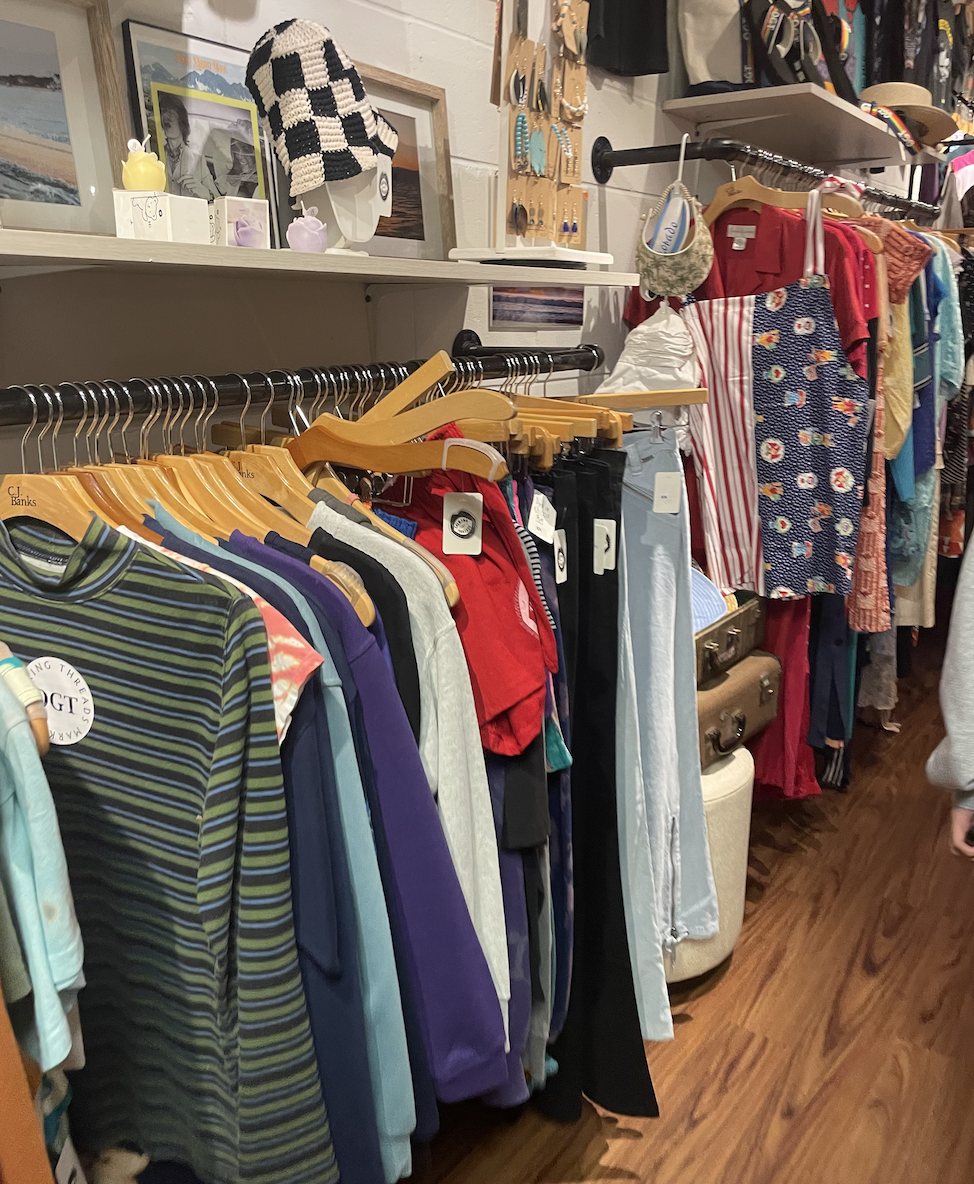There is a Roman cliché: “Give them bread and circuses, and [the masses] will never rebel.” A millennium later, the modern American embraces this truth. When our bread is reduced to crumbs – when affordable homes, healthcare and food become oddities – we flock to the circus. We costume wealth, feed on “little luxuries” like funnel cake. Give us Chanel No. 5 and $30 cookies, and we will never rebel.
Coined in 2001 after meteoric recession sales, Estée Lauder’s “lipstick index” is a notorious indicator of economic crisis. Picture this: funds are scarce, a mediocre latte costs $10 (fuel exhaust in the drive-thru excluded), feasible vacation destinations include the bed and the couch. You find a crumbled $20 under some Extra Winterfresh and loose hair ties. You could save $20 (that’s 0.00005% of a house) or venture elsewhere. Me? I’m taking Mr. Jackson to Sephora. When we reduce costs, we’re forced to abandon ambitions of a new car, home or child. Our sole assets are ourselves. So, in an otherwise desolate climate, acts of self-care become lucrative investments.
In 2024, Luxe Cosmetic Markets were worth an estimated $50.2 billion. Some wear elevated scents, like Versace, Gucci or Dior Miss Dior like their laurel crown. Others cake their faces with Hermès blush and D&G Luminizer (which could’ve come from Marie Antoinette’s dresser) to deter from their hand-me-down tunic. Sure, the real bread – the Birkins and Tom Ford totes – is reserved for the elite. But us masses have little luxuries.
When asked of their cosmetic collections, one Villanovan confirmed Estée Lauder’s hunch.
“I have five lip products in my bag, most of which I haven’t touched in weeks,” freshman Emilie O’Connor said. “While some of them technically have different labels and uses, they all have very similar purposes.”
When our vanities are swimming with sheers, stains and liners and our wallets are, well, on the verge of sinking, one has to wonder: is this an absurd diversion? Is this our circus: a taste of affluence, an ensemble of brand-name breadcrumbs? It’s the colorful evasion of our unfortunate condition.
While some brand names alone emanate wealth, others retail “elevated necessities” as a hollow decadence. This is seen within cosmetic circles – whether via Rhode’s “homemade cinnamon bun” balm or Too Faced’s chocolate bar collection – and is all the more formidable under sweet-treaters’ iron fists. Since the rise of lavish confection brands like Crumbl and Milk Bar, Confection Markets were valued around $83.5 billion in the US alone. Look, I am an avid Starbucks diner. I love wasting meals on TruFru, and I’ll never refuse a cookie from Conn. I still think we’ve taken the “ice cream index” a little too far.
“I think it’s cool [Crumbl] has new flavors each week,” O’Connor said. “But [it’s] genuinely so strange to me how people have eaten thousands of calories in one sitting for social media.”
When do we become so full of bread, we breach all efforts of reformation? Have Americans been in a food coma, transfixed to merciless economics from carb overload and the raucous sound of the circus?
It’s hard to blame the masses for a bureaucratic issue. After all, Americans are conditioned to self-soothe with consumerism. Groceries worth a fortune? Ease the after-sale remorse with a stale coffee and reheated sandwich. For those 10 minutes, we can fantasize a world where food is affordable. Stressed from work? Need overtime after the abominable Costco bill? Botox alleviates stress lines, and a new shade of MAC will match so well with the new face!
America’s drastic measures of self-care seem beneficial. In all truth, however, our businessmen have fabricated issues and sold us the solution. When we cater to this culture of little luxuries, we lose all access to real luxuries. We have our bread and our circuses, and we will never rebel.
Like I said, the extra $20 will never inflate to a home. Our collective misfortune far exceeds immoderate acts of self-care. However, when we take self-care as restitution for our desolate state, who do we become?
Embrace the bread and circus. It’s all we have for now. When entranced in intentional distractions, however, remember the reason behind them: the loss of homes and food and healthcare. Remember, even the Romans rebelled.








